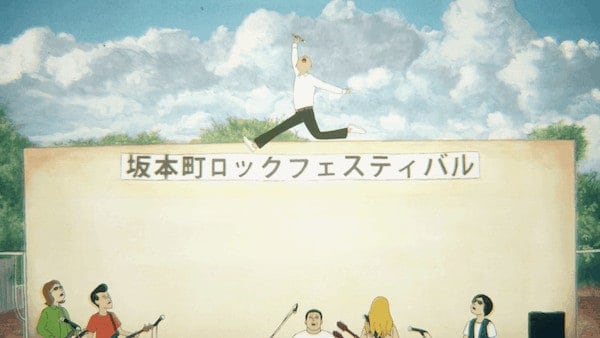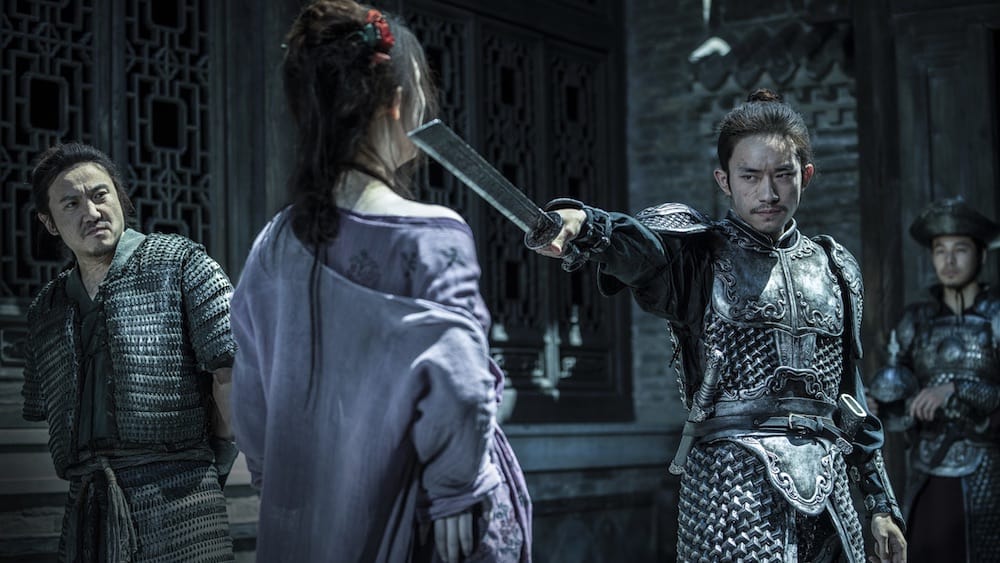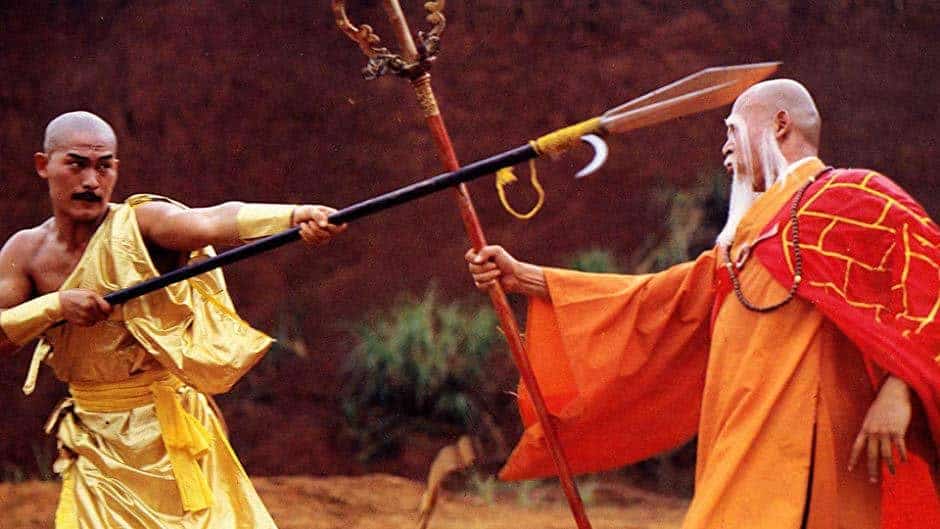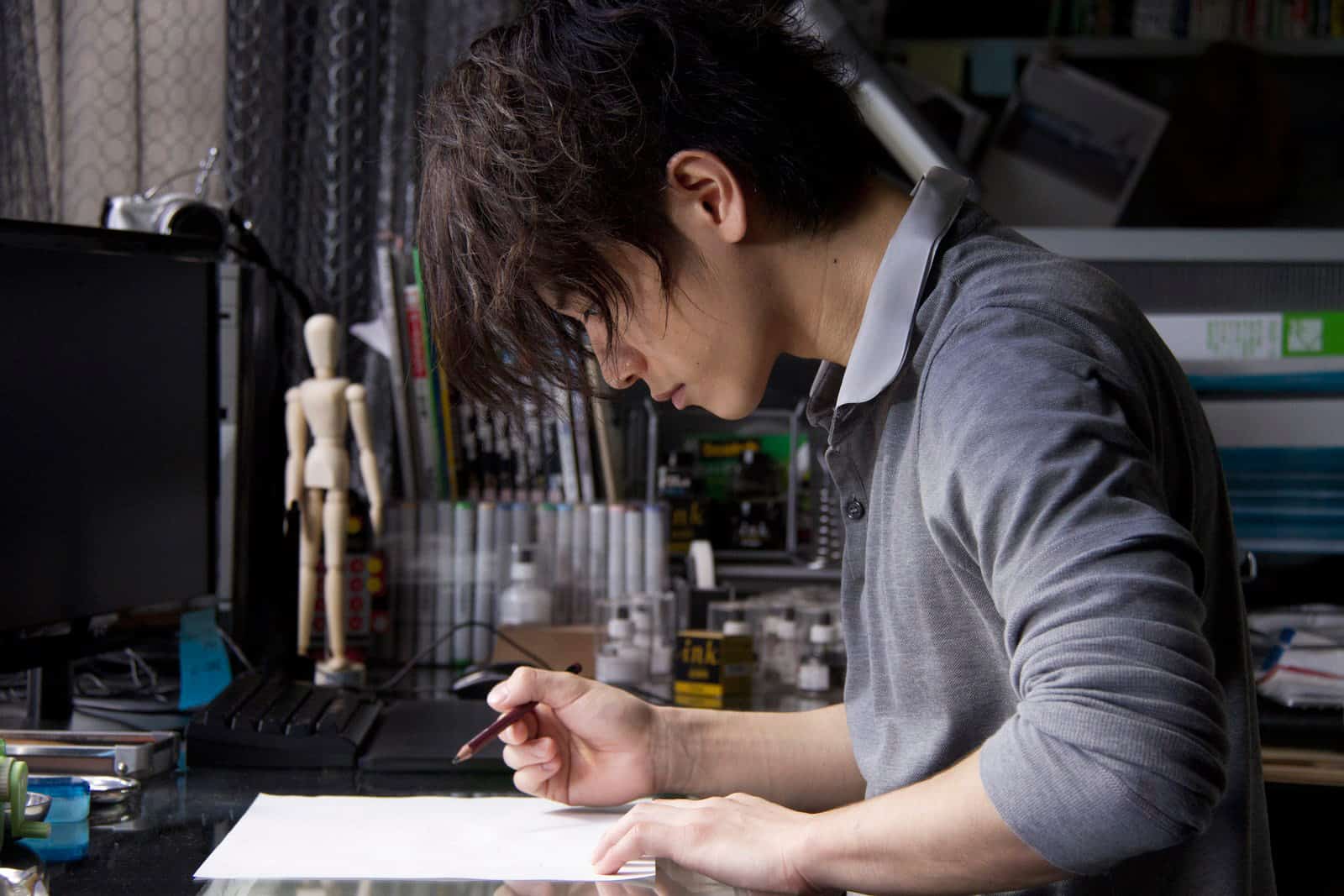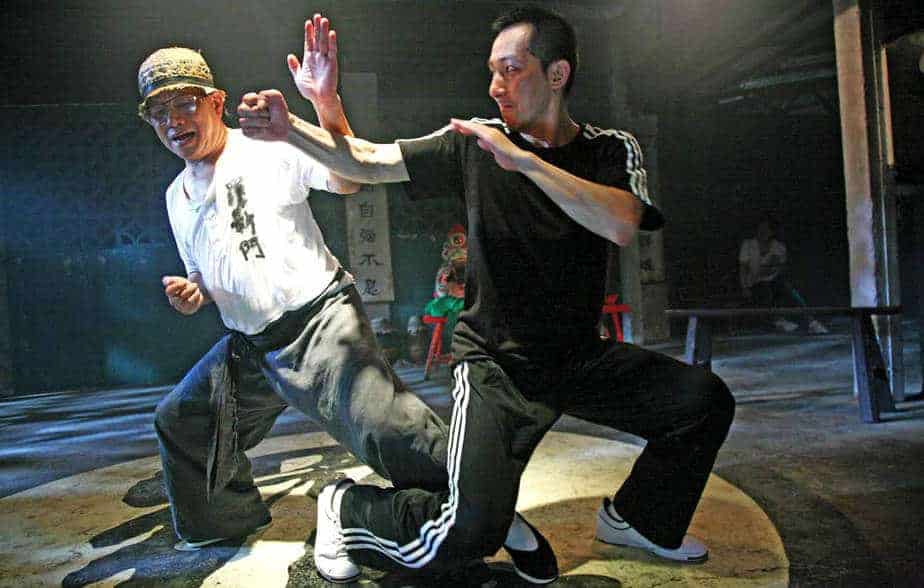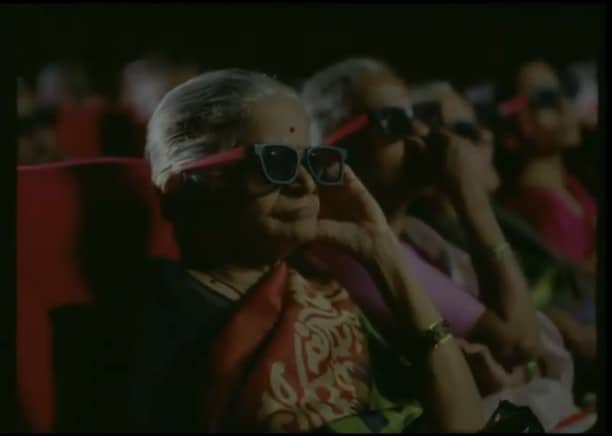“If you want to be in the gig, choose one: First, you get beaten up by me or you destroy the bass…” threatens Marutake High's Oba, the mohawked antagonist who has been gunning for a fight with Kenji, Ota, and Asakura since the very beginning. With one swift unforeseeable action, this deadpan slice of animated mumblecore tears up its already useless rulebook, pours gasoline over it, then sets it on fire. But these flames aren't what you'd come to expect from a typical fire: this is something altogether more vibrant, more primal; something so freeing it makes the avant-garde look as predictable as the next hit Avex single. Based on Hiroyuki Ohashi's manga of the same name, “On-Gaku: Our Sound” taps into the unpredictability of Japan's psych rock heritage, runs freakish with it, and has far too much fun doing so.
On-Gaku: Our Sound is screening at Helsinki Cine Aasia

Kenji (voiced by the great Shintaro Sakamoto of Yura Yura Teikoku fame) gets bored easily. From one day to the next he changes his mind with what interests him; but when he comes into the ownership of a bass guitar – not knowing precisely what it is – and insists he, Ota and Asakura (Naoto Takenaka and Tateto Serizawa) form a band together, a bizarro concoction of electric amusement and sonic stimulation resonates among the otherwise lackadaisical bunch. Of course, neither one knows the slightest thing about music, let alone how to play their instruments; true to rock'n'roll's free spirit, what they project in that very first plunge is something captivating.
Upon realising another band exists under a similar moniker to their own Kobujutsu –Kobijutsu – they confront them only to find an acoustic trio fronted by the eccentric Morita (Kami Hiraiwa); after witnessing Kenji's band “play”, Morita invites them to a local rock festival and, incidentally, goes through a kind of existential metamorphosis, gradually transforming into heavier, more dynamic entity. As per his usual habits however, Kenji frequently quits and rejoins his own outfit, almost threatening Kobujutsu's debut performance.
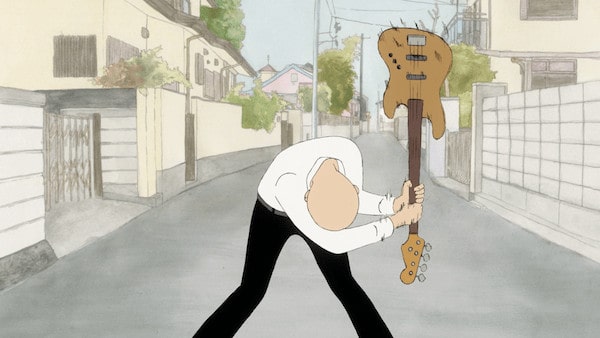
Free from structure, form, and melody, the thumping dirge escaping Kobujutsu's spontaneity strips back the superfluous layers of compartmentalised music to its barren core. The epitome of a free-form jam (which ironically becomes their signature rhythm), this proto-howling rumble ignites a fire first in Morita and then in the other members of Kobijutsu who erupt onto the stage alongside Kenji and co, whose salvation is found in the psychedelic fluttering of a humble recorder, in one of the most intense performances committed to film not just in Japan but in cinema the world over. Intoxicating in every sense of the word, it is a climax which comes completely out of nowhere.
It only takes an hour for Iwaisawa to mutate his slow-minded, blank-staring subjects into protégés of groups J.A. Seazer, Far East Family Band and Yuya Uchida and company, but watching their unwitting ‘genius' unfold leaves for many laughs to be had. This style of humour won't be to everyone's tastes and much of it works solely on the style of animation, but it only fuels their haphazard journey further. If there is one thing everybody can agree on however is that “On-Gaku” is very much a music afficionado's film: dropping a smorgasbord of prog rock references, with Morita as our awakening conduit, from ELP's Tarkus tank to Mike Oldfield's Tubular Bells insignia, Iwaisawa ensures his audience is absorbed not just sonically but also in heavy iconography.

He does this also in his uniquely hand-drawn animation, which boasts an almost pristine comic-book quality. That is, of course, until the music kicks into overdrive: from Asakura's first pound on the drums, to Morita's enlightenments and the kaleidoscopic rotoscope of the finale, the lush style constantly breaks its own chains and is let loose with sensational energy. It's more than just a breath of fresh to air to watch – it's dizzying, hypnotic, and totally frenetic. Not only does this befit the primeval synergy of these amateur musicians but also the pure, care-free nature of rock'n'roll.
To anyone who burrows deeper into the immersive undergrowth of rock, they are rewarded with astonishing treasures many pretend to seek out but never truly found. It is a universe where rules seldom stick, where boundaries are pushed to their extreme limitations; like Lewis Carrol's “Wonderland”, nothing is quite as it seems here. Always expect the unexpected – this is the universal truth keeping rock's myriad forms together. In Iwaisawa's seven-year labour of love these same principles also apply; one should anticipate nothing less than total subversion of expectation, and no matter how familiar you are with these musical stylings, prepare to be blown away.


